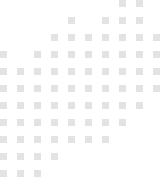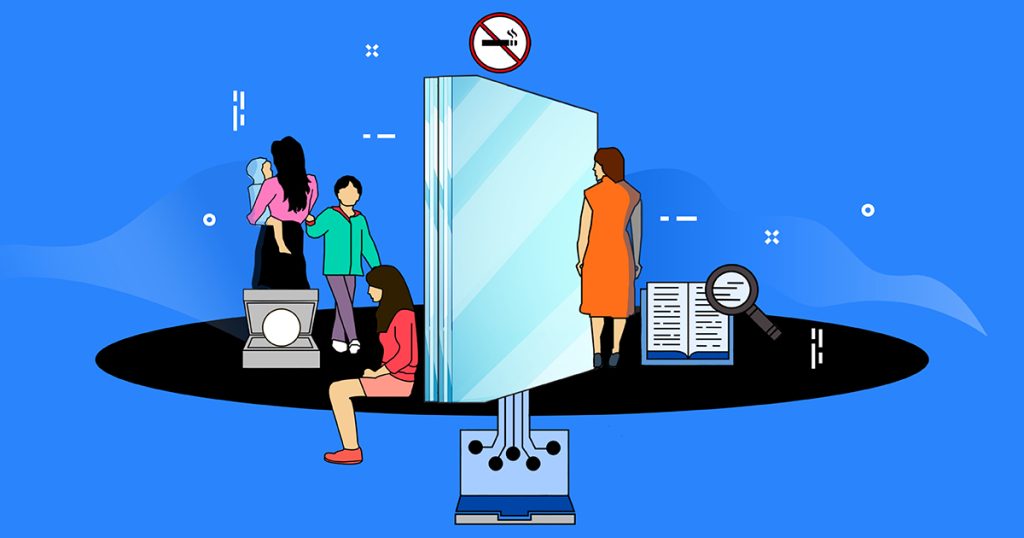


A Q&A with C. R. Long, First Prize winner
Is there anything you would like readers to know about you, beyond the bio in your story?
I work currently as a nurse at the veterans’ hospital in California. I’ve written probably about seven books that are for sale right now and my next book, a young adult novel, is coming out in several months. I also have a science-fiction novel called After Earth which just came out on 1 June 2020.
How did you develop the idea for “Fine Print”?
This short story came from a longer story that I had written a couple of years ago. I’ve been holding on to it. I have considered making it into a full length novel but I never really got that opportunity because I’ve been working on other projects. When I stumbled on your contest, I thought that story would be perfect for Quantum Shorts. So I basically took that longer story, watered it down, took all the unnecessary stuff out and that’s how I came up with “Fine Print”.
What kind of research did you do?
I really like the idea of multiverses, possibilities and quantum entanglement. I even got really into string theory. I find it so interesting that there is so much we do know about quantum physics but there is a ton that we don’t know. It can open a door to so many different topics that I think a lot of people don’t touch on in science-fiction. To me, it is extremely entertaining that there are so many different choices out there that could possibly be happening.
In “Fine Print” people can buy a new reality. If you could move to another universe, would you? What would you look for?
I don’t know if I would want to take over another universe. I mean, maybe if I went somewhere where I was taller or where I had more hair on my head or something like that. I think that everybody maybe wants something slightly different in their lives and that is where the draw is.
With different universes you could go and be a completely different person. There are so many different possibilities—which one do you pick? Is it better than what you have? I’d like to maybe see another universe, but I don’t know if I’d want to change my life because I have a pretty good life.
You included a little twist at the end of your story that many people did not see coming. What can you say about the ending? (Spoiler alert!)
I thought that the ending brought the whole thing together. It was almost as if the last conversation between the two scientists was more important than what was going on with the client and her going to a different universe to find her son. All of a sudden, the scientist found a universe where there is a better version of him. I think that was the key to the whole story. Even though he was the scientist, he wrote the fine print and he was the one sending people over, he still wanted what those other people wanted as well—a different life.
What is your writing process like?
I begin with an idea I like for a story and I figure out how I can get to this end point. When I write my short stories, like “Fine Print”, or my novels, I almost feel like I write my ending first. I try to figure out what sort of ending I like, what I want to deliver, and how I will build it up for somebody. So that when the ending comes, readers get an ‘aha’ moment. Then I work backwards from there.
How did you feel about the news of your prize?
It was very exciting. I can honestly say just being on the shortlist to me felt like a great accomplishment. I was already super happy with that. I felt that maybe I had a chance, but reading the other stories, I thought some of them were really good. So when I got the news, it was definitely one of the highlights of my year so far. I was really happy so I really appreciate it.
What appealed to you about the Quantum Shorts flash fiction competition?
The science-fiction part of it. I’ve always been into science since high school. I was looking up some information, believe it or not, on qubits and I stumbled onto your website and was like “this is fantastic”. It was out of the blue but it was great. I was able to read all the other stories, your Quantum A to Z—those articles were really informative, and it got me thinking.
Can you name some science-inspired books you’ve read in the past year that you would recommend to others? What did you like about them?
I do a lot of reading and anything sci-fi is good for me. I really like Andy Weir’s The Martian. Everything that the characters are doing is all scientifically-based fact. It’s not just fiction but believable fiction that this is science at work. I just finished 2312 by Kim Stanley Robinson, who is one of my favourite authors. The book is great and Robinson does a really great job incorporating science into his work.
I also like Dune by Frank Herbert, it is one of my favourite books and I just reread that. Anything by Philip K Dick is great. And Ted Chiang’s “Story of Your Life”, which the movie Arrival is based on, is just great. The way he explains things is just so good.
Tell us more about your book.
My book After Earth came out on 1 June. It is a dystopian futuristic story where part of the moon crashes into the Earth and causes a great shift. The main character is a girl called Sky, who is put into a situation with so many problems. You follow her journey in learning to deal with all these problems. It’s been really exciting to write and a lot of work. We’ll see how it does.